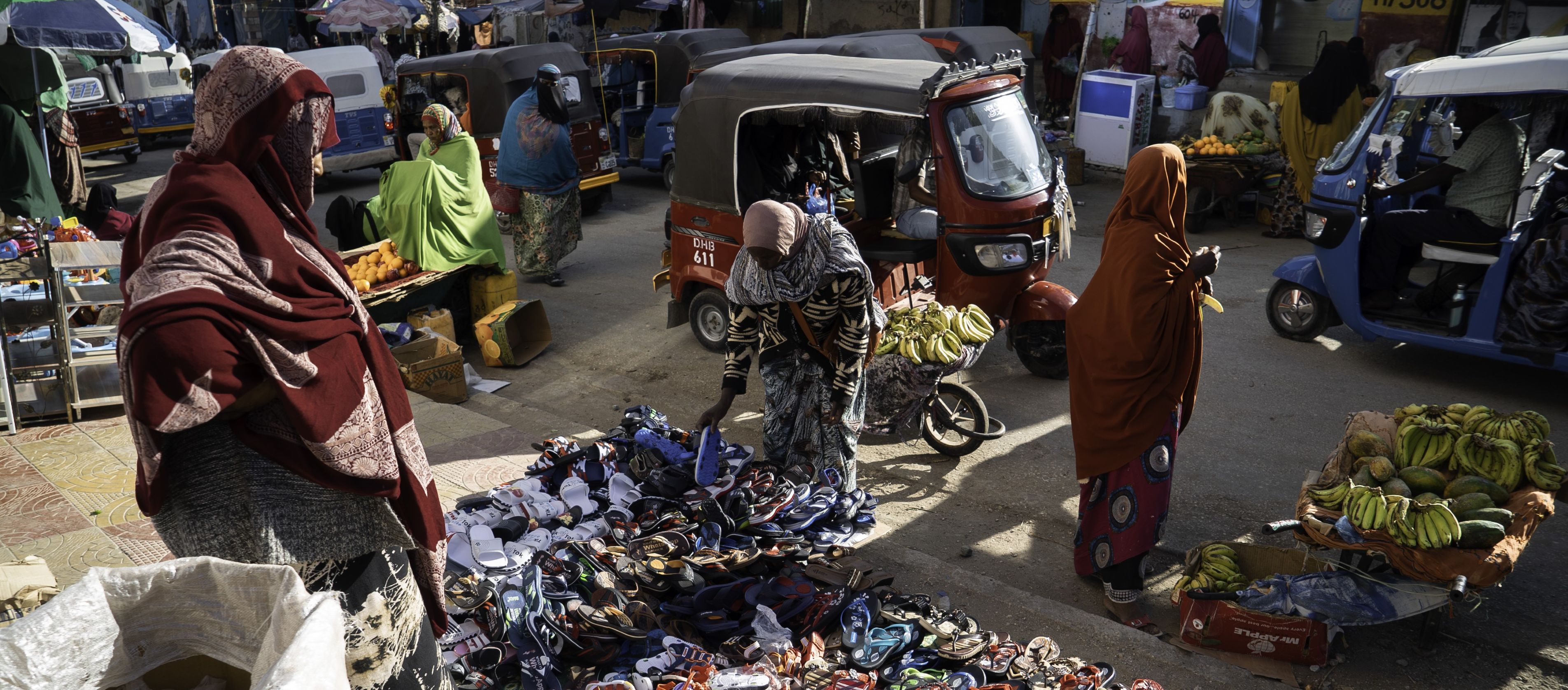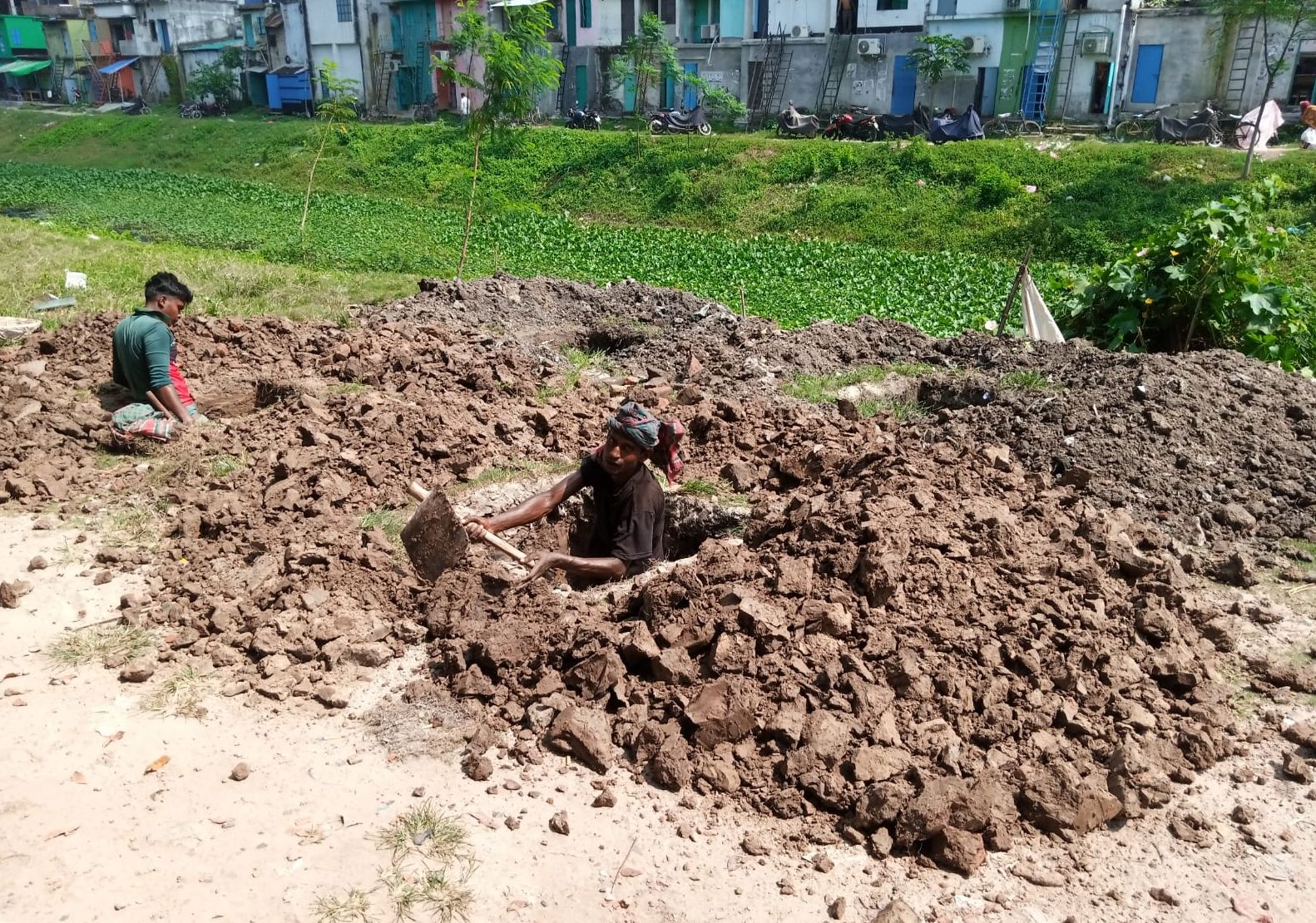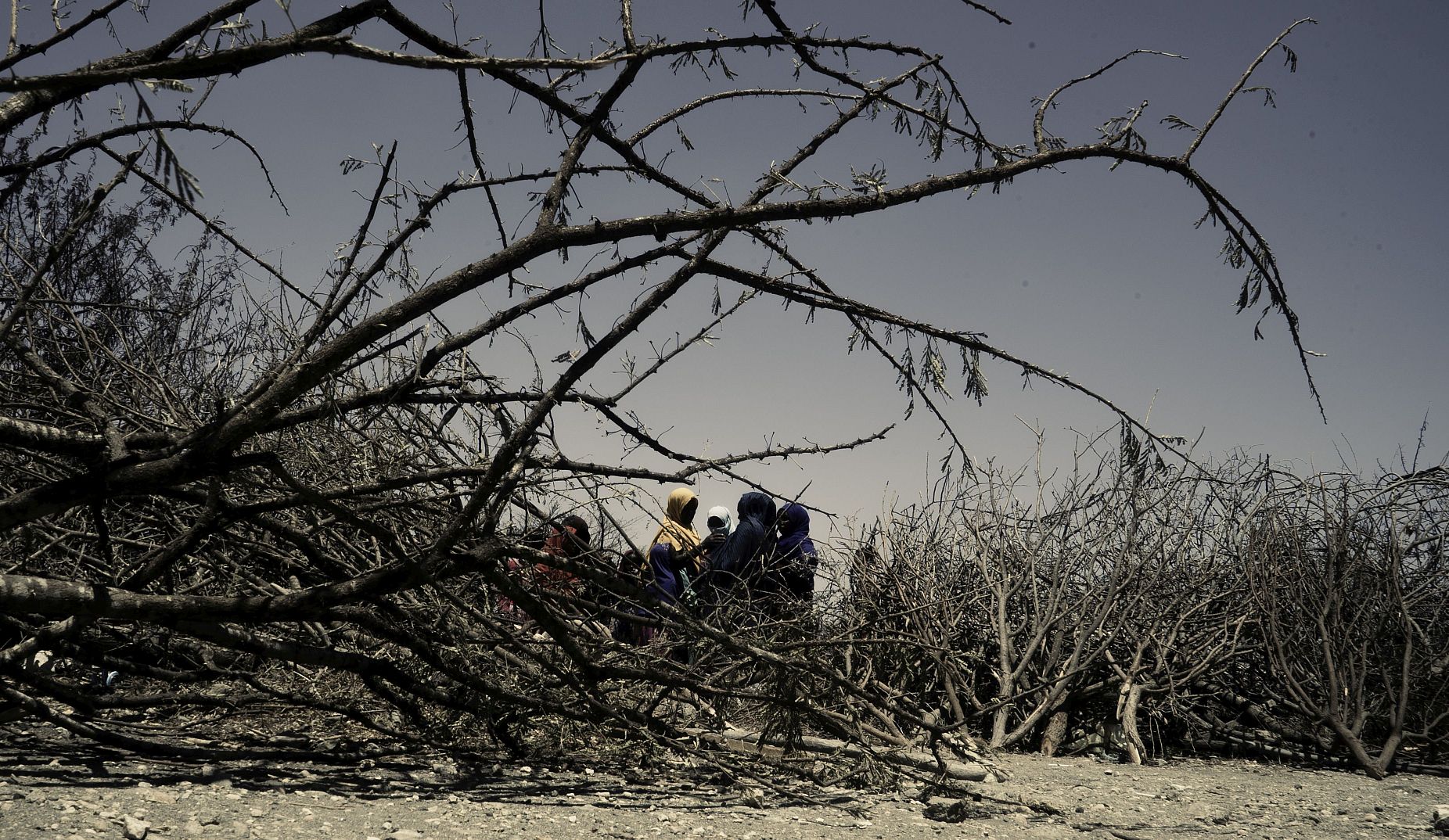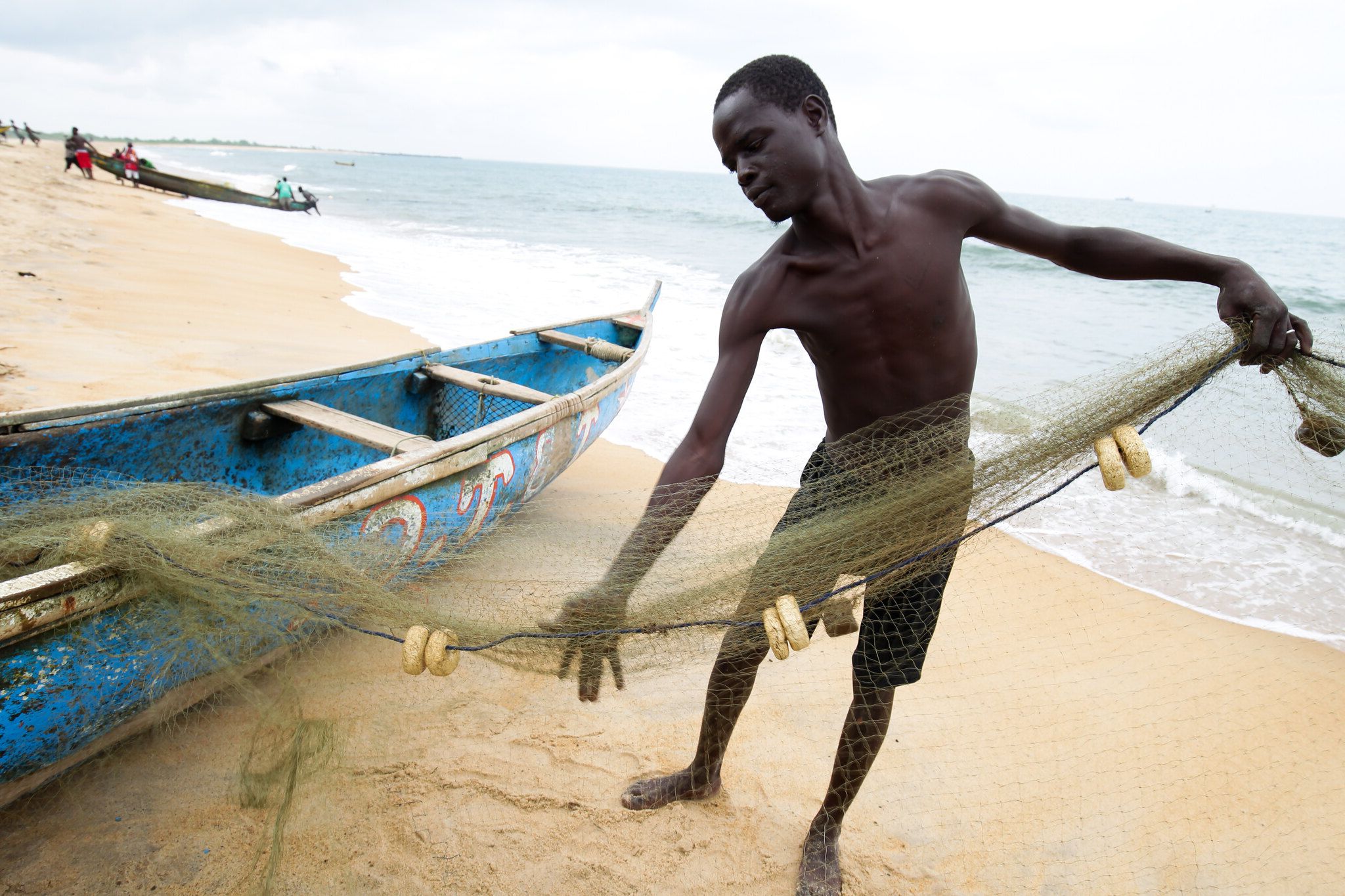This project was selected under the Innovation Programme Call for Proposals 2020 - Stronger Partnerships: Local Innovations for New Climate Realities in Cities - in collaboration with the Global Programme on Climate Change, Resilience and Informality
Korogocho, one of Nairobi’s largest slum neighbourhoods, is home to 150,000 to 200,000 people living in conditions that leave them particularly vulnerable to the impacts of climate change. With funding provided by Cities Alliance, Hope Raisers Initiative aims to employ digital storytelling as a way to engage the greater Korogocho community and local government in innovating and sharing climate adaptation ideas that could form the basis of future policy and create climate change-resilient livelihoods.
What is the problem?
Climate change in Kenya is likely to threaten food security, health, housing, and manufacturing. Residents of informal settlements are the most vulnerable to climate change and face severe consequences in their everyday lives. However, they often lack information and knowledge to engage in conversations with local government about these issues and to support necessary decision making.
Where is it?
Korogocho Informal settlement, Nairobi, Kenya
Who does it affect?
The Korogocho community and Nairobi County
What are the causes?
Although a national climate action plan has been established, Nairobi County has not yet committed to supportive policies for climate adaptation for its informal settlements. A lack of dialogue between communities and the county risks policies and interventions that are not socially integrated.
Approach
Future Yetu seeks to position digital storytelling as a creative methodology for dialogue between communities and local government. Through this project, residents of Korogocho, along with representatives from Nairobi County, will receive skills and knowledge on how to amplify their voices through digital storytelling. These stories will show the effects of climate change in their everyday lives.
A team of community members, urban planners, and county officials will also respond to these stories by developing climate adaptation ideas, interventions, and prototypes. These may include physical components as well as strategies for tapping into behaviour change. These will be implemented and can be up-scaled to the policy level.
Through a mobile matatu (minibus) exhibition, the stories will also travel through the streets of Korogocho so that settlement residents can view them, join in discussions, and provide new ideas for climate adaptation.
The results from these discussions will be developed into a community climate adaptation manifesto. This will be presented to the county government to inspire and inform the creation of the first Nairobi Climate Adaptation Plan.





